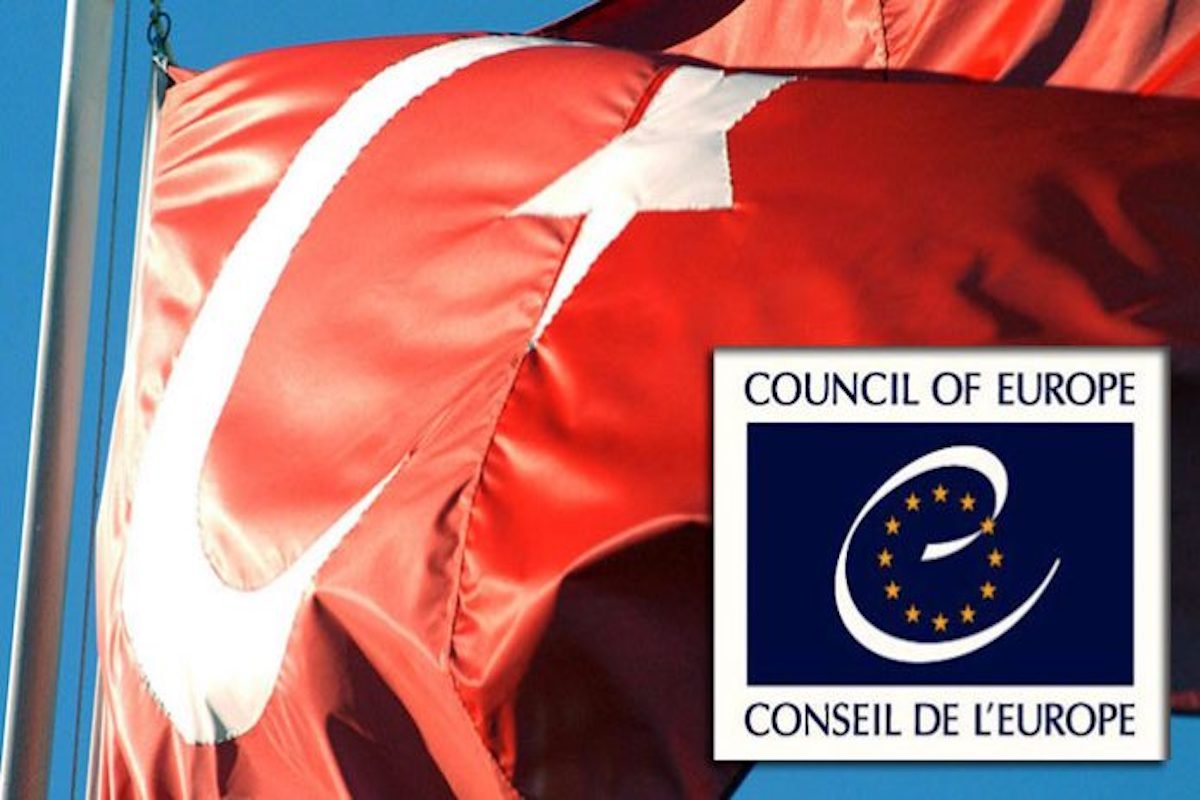The Council of Europe’s Committee of Ministers is holding its quarterly meeting to oversee the execution of judgments and decisions from the European Court of Human Rights (ECtHR), including six cases involving Turkey.
According to a press release from the Committee of Ministers, Turkey is being reviewed under six headings.
Under Article 46 of the European Convention on Human Rights, states are required to implement ECtHR judgments. The committee reviews compliance based on information from national authorities, applicants, civil society organizations and other interested parties. In these six cases, Turkey has currently failed to fulfill its obligations under the court’s rulings.
In the case of Batı and Others v. Turkey, 12 Turkish nationals lodged complaints with the ECtHR, alleging severe ill-treatment by the Istanbul police during their detention in 1996. The detainees, arrested as part of a police operation targeting a Marxist organization, claimed they were subjected to torture, including beatings, suspension by their arms and electric shocks.
Ulaş Batı reported beatings and threats of rape, while Bülent Gedik described suspension, death threats and electric shocks. Müştak Erhan İl and Özgür Öktem experienced similar abuse, including being beaten on the soles of their feet. Sinan Kaya, Sevgi Kaya and İsmail Altun also faced brutal treatment, with Sevgi Kaya threatened with rape and forced to undress.
Devrim Öktem, who suffered a miscarriage while in custody, described being beaten and suspended by her arms, while Arzu Kemanoğlu, Zülcihan Şahin and Ebru Karahancı reported similar abuse, including sleep deprivation and physical violence.
Medical reports confirmed various injuries, including bruising and pain, although some detainees’ claims were unsupported by physical evidence. The European court found Turkey responsible for violations of Article 3 of the European Convention on Human Rights, condemning the torture and inhumane treatment inflicted during their detention.
The committee is also addressing the case of Berkin Elvan, a teenager who died after being struck by a gas canister fired by police during the 2013 Gezi Park protests. In 2023 the ECtHR ruled that Turkey violated Elvan’s right to life and failed to conduct an adequate investigation into the circumstances surrounding his death.
Additionally, the meeting covers the detention of prominent political figures. Selahattin Demirtaş, former co-chair of the pro-Kurdish Peoples’ Democratic Party (HDP), has been imprisoned since November 2016. The ECtHR ruled in 2020 that his detention was unjustified and aimed at limiting political debate in Turkey. Similarly, businessman and philanthropist Osman Kavala, arrested in 2017, was sentenced to life in 2022. The court found his extended detention without proper justification was intended to silence him.
Another significant case involves Cyprus v. Turkey, where the ECtHR found that Turkey violated the property rights of a Greek-Cypriot woman, Myra Xenides-Arestis, by preventing her from accessing her home in northern Cyprus following the Turkish military intervention in 1974. The court ordered Turkey to provide a remedy, which remains unfulfilled.
Lastly, the committee addressed the case of Emin Gurban, who was sentenced to life imprisonment without the possibility of release for his involvement with the outlawed Kurdistan Workers’ Party (PKK). The ECtHR ruled that his life sentence, without a chance for review, amounted to inhuman treatment.
The Committee of Ministers will continue to monitor Turkey’s compliance with these judgments, highlighting ongoing concerns over the country’s adherence to its human rights obligations.















